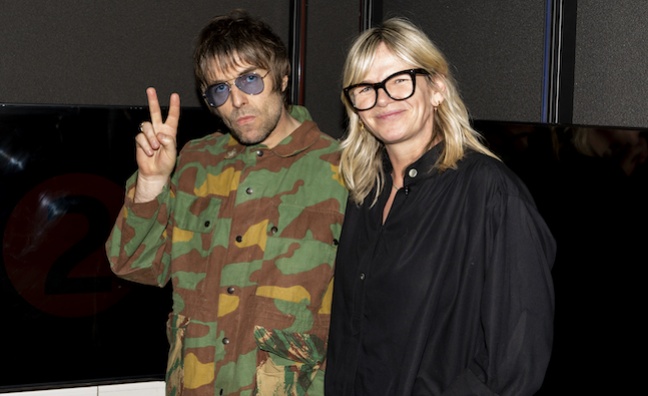The fifth quarter of RAJAR figures under the new radio measurement system means that we have the first year-on-year comparison.
For the BBC, it’s a difficult set of figures although the broadcaster’s biggest music stations’ audiences have proved fairly loyal over the last 12 months.
BBC Radio 1 was down 1.3% year-on-year (and down 9% on the prior quarter) with 8.145 million weekly listeners in Q3. The youth network highlighted a quarterly gain of 880,000 among Radio 1 listeners aged 10-plus. Greg James dipped 4.7% to 4.08m at breakfast (listeners aged 15-plus).
Radio 2 still tops 14m listeners (14.46m) with just a 0.9% yearly decline. Radio 2 had a positive result at breakfast for Zoe Ball - a year-on-year increase of 2.1% to 7.37m listeners.
For specialist digital stations, the results were more dramatic. BBC 1Xtra has lost 17.7% of its audience in 12 months. Formerly at around a million listeners under the old RAJAR system pre-pandemic, the station is now down to 7.24m.
BBC 6 Music has had happier results in recent quarters, but suffers a year-on-year decline of 8.3% to 2.465m (and a quarter-on-quarter slump of 13.5%). Asian Network was down 10.7% year-on-year (Q3 total: 476,000), while Radio 3 lost 21.1% of its audience in a year (Q3 total: 1.71m).
The period covered, the three months to September 18, included some unusually hot summer weather that could have impacted ratings. But across BBC radio during the quarter, weekly listeners were down 4.6% year-on-year compared to 0.4% for all radio.
Commercial radio
The RAJAR results were markedly different for commercial radio, with the whole sector’s audience reach up 3.8% year-on-year. Commercial Radio now reaches 5.2m listeners more than BBC radio - a record result.
Global has the top three commercial radio brands in the UK - Heart, Capital, and Smooth. However, the Heart Network (unlike the brand) was down 6.5% year-on-year to 7.9m. Capital Network dived 12.4% to 5.7m.
There were audience declines at breakfast for Heart (3.63m - down 10.7%) and Capital Network (2.51m - down 11.4%). Heart Breakfast with Jamie Theakston & Amanda Holden is still the largest commercial breakfast show in the UK. Radio X was up 2.1% at 1.1m for breakfast with Chris Moyles, with the station’s overall reach up 1.5% to 1.97m.
Music Week has highlighted the dance music boom on DSPs, and it’s also evident on radio with the rise of Capital Dance. The station, which launched two years ago, is on 820,000 listeners - up 185.7% in a year.
Capital Xtra was down 7.2% to 1.43m, although there was an increase of 51.4% to 324,000 for Capital Xtra Reloaded.
Ben Cooper, chief content and music officer, Bauer Media Audio UK, hailed his stations’ “brilliant” results.
Kisstory, the No.1 commercial digital-only station, was up 2% to 2.3m - overall No.1 digital station 6 Music may have to watch out.
Greatest Hits Radio Network was a standout performer. The classic hits station was up 28.3% year-on-year to 4.12m listeners and up 18.7% at breakfast (1.6m). Hits Radio Network was up 5.1% to 6.57m.
Absolute’s breakfast show with Dave Berry was up 2.8% year-on-year at 2.21m. Overall, the network was up 1.3% year-on-year at 5.2m.












